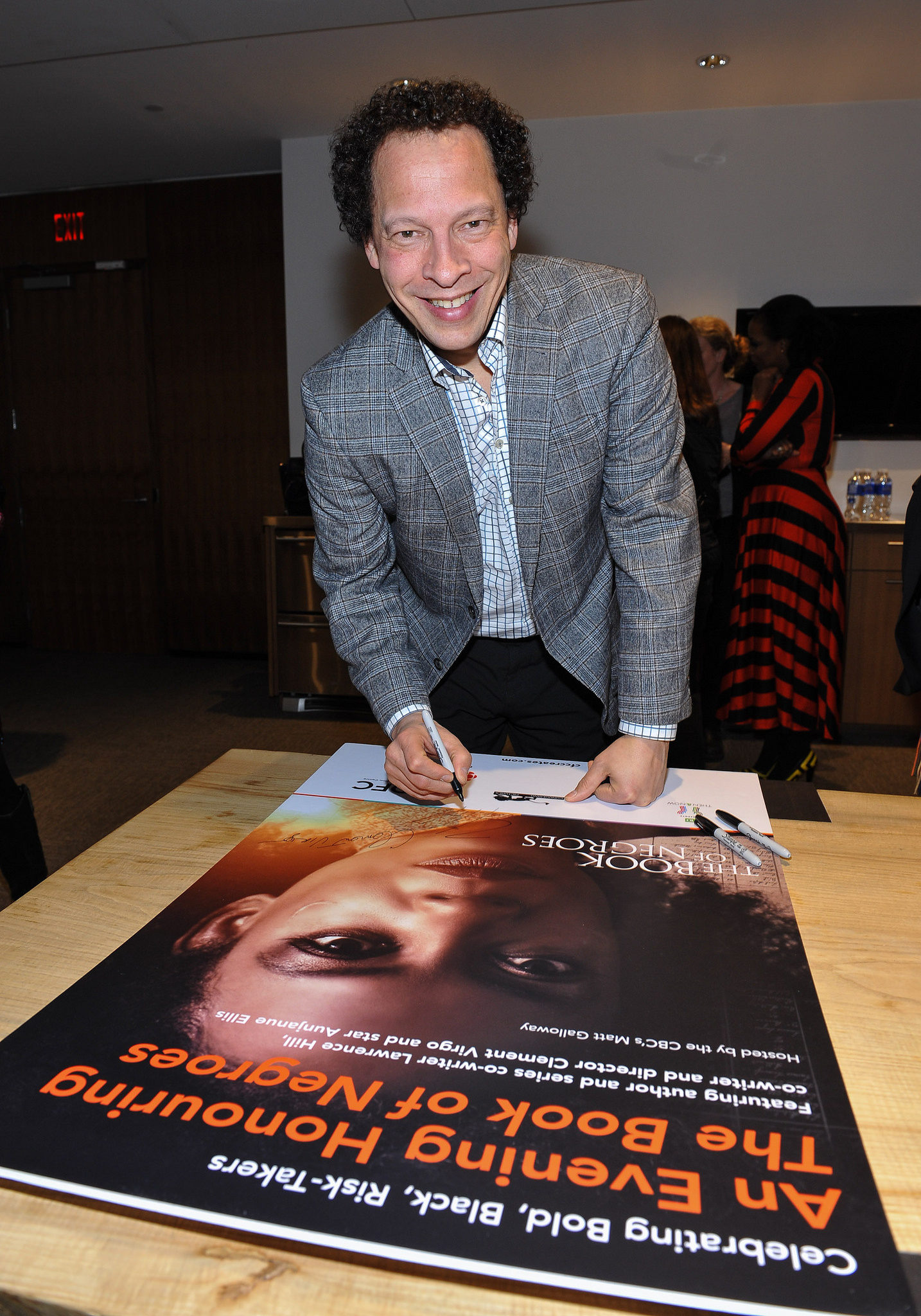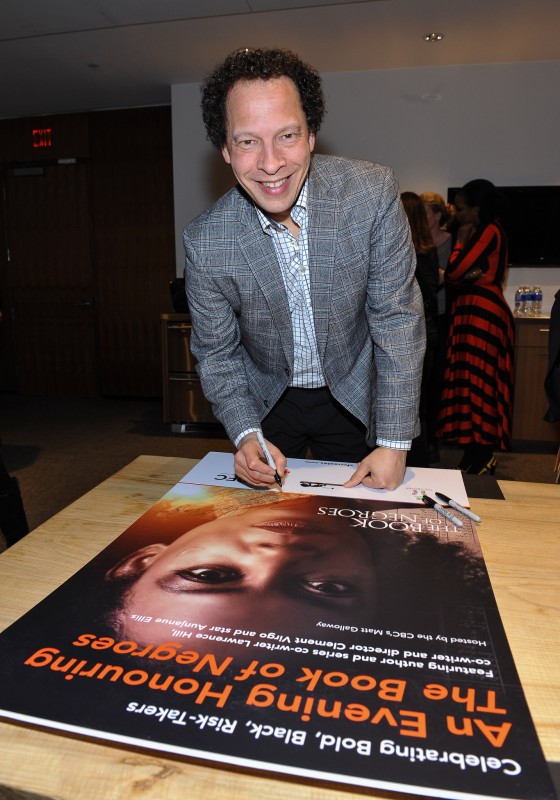A conversation on Canadian identity with Lawrence Hill

The thing about identity is “once it’s shifted, it can’t shift back.”

Most of us have heard of The Book of Negroes, whether the novel or the 11-part miniseries. Its writer, Lawrence Hill, has written 10 books in total; with the most recent — a novel entitled The Illegal — hitting the bookstore shelves here in Canada late last year.
This past Friday, I sat down with Hill for a brief conversation on identity — a topic he discussed that evening during a lecture at St. Jerome’s University on the campus of the University of Waterloo. Born of mixed race to a black father and a white mother, both of whom moved to Canada shortly after their marriage and were heavily involved in the civil rights movement of the 1960s, Lawrence is no stranger to the idea of having a different identity amongst a homogenous group.
“I’ve had it for a very long time and I think everyone experiences this at some point in their lives … I mean, from moving countries down to moving schools,” Hill said when asked about his inspiration to speak about the topic of shifting identity.
An interesting comparison can be drawn to the protagonist of The Illegal, who can’t return to his homeland for fear of prosecution; or to the protagonist of The Book of Negroes, who returns to Africa to be called a “white woman in black skin.”
And who can’t remember a time they had to move neighbourhoods? Or go to a new high school, when suddenly the identity they had back at their old school, with their friends and reputation, had been wiped away and they had a clean slate? Or perhaps they didn’t; perhaps some aspects of their old identity, good or bad, followed them to their new school.
Hill spoke of his time at the University of British Columbia, where race remained the pinnacle and central aspect of his identity.
“They focused largely on my race. I mean, the fact that I was of mixed race, or ‘half-black,’ ” said Hill.
From one end of the country to the next, Hill noted the primary aspect of his identity shifted from race to language when engrossed in the nationalist politics of separatist-era Quebec.
“I went to Laval [University], and suddenly people weren’t addressing my race, they were addressing this fact that I was an ‘Anglais,’ or an English,” Hill explained. “This was during the First Referendum, and so there was a large degree of militantism toward English-speaking Canada in Quebec.”
Friday evening, Hill spoke about comparable topics on a much broader scale: the shifting Canadian identity from the Stephen Harper era to the Justin Trudeau era. Hill argued that during Harper’s time in office, the Canadian identity shifted from the one we’d come to be used to — one of peace and tolerance — to a new stance of strength and security. With the election of a Liberal government, and with Trudeau at the helm, Hill argued the Canadian identity will likely be, and is probably already in the process of, shifting back to the identity of peace and tolerance.
This doesn’t wipe the slate clean, though. Harper’s goal to make Canada a leader in global security and to strengthen sovereignty as a nation will always be with us, whether in the minds of people who were alive during the long War on Terror or through our history books.
The thing about identity, according to Hill, “once it’s shifted, it can’t shift back.”


